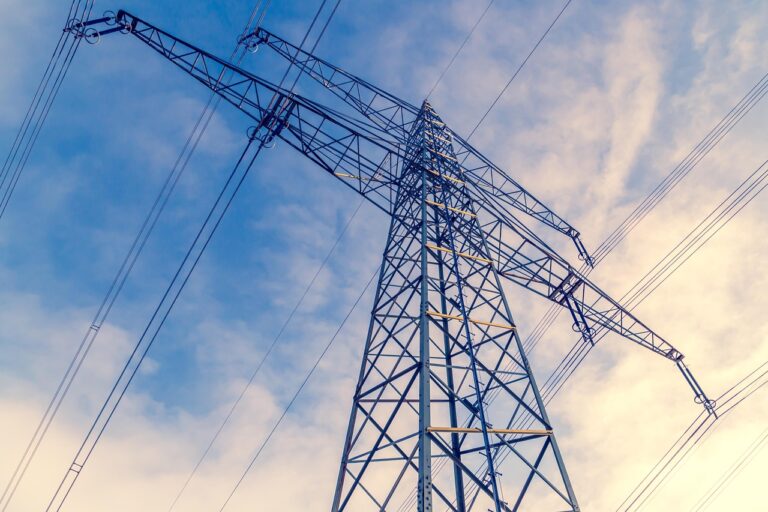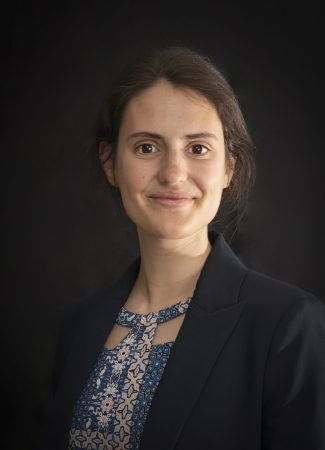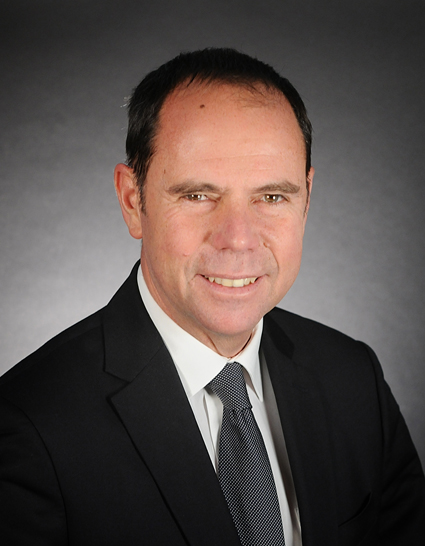Up until this point, France has not been particularly noted for its punctuality in transposing the European Directives relating to the energy sector. In fact, it was only in 10 February 2000, that being more than a year late, that the Directive of 19 December 1996 concerning common rules for the internal electricity market was transposed into French law. As for natural gas, the Law of 3 January 2003 transposed the Directive of 22 June 1998 concerning common rules for the internal natural gas market over two years late and following an intense debate which led to nearly 700 parliamentary amendments. Some have interpreted these delays as a lack of French enthusiasm for the process of opening energy markets.
On the other hand, as far as remuneration of capacities is concerned, France is moving into position as a pioneer in establishing a mechanism consistent with the principles defined by the European Commission, particularly as regards the subject of cross-border participation of foreign capacities in capacity mechanisms.
Be that as it may, with the launch of the Commission’s in-depth investigation of the French capacity mechanism in November 2015, the matter hardly seems like it’s off to a great start!
The intense negotiations and consultations with stakeholders, which came to a head in summer of 2016, resulted in the European Commission’s approval decision dated 8 November 2016 through the implementation of three pillars of action:
- Pillar for competition: 2017 supply year
- Pillar on the participation of cross-border capacities: 2019 supply year
- Pillar for promoting investment in new capacities: 2019 supply year
The rules of the French mechanism as published by the Order of 29 November 2016 have addressed the pillar for competition to the Commission’s satisfaction, and the other two pillars are the subject of a dialogue that is well underway, organised by the RTE [Electricity Transmission Network] since the spring of 2017.
As these changes will lead to a modification of the Decree of 14 December 2012, the (tight) schedule is as follows:
- September 2017: Decree proposals (publication expected December 2017)
- October 2017: Resume dialogue on new rules
- Mid-2018: Publication of new rules
- 2019: Entry into force of explicit participation and first calls for tenders for new capacities
The first items currently emerging from the consultations are the following:
Cross-border capacities: the first explicit participation of foreign capacities is planned starting from supply year (AL) 2019
- Step 1: determination (through a probabilistic study) of an aggregate volume allocated to the explicit participation of foreign entities (July-August 2018).
- Step 2: definition of a distribution key for this aggregate volume so as to grant a certain level of interconnection tickets per border where the hybrid solution is established (July-August 2018).
- Step 3: organisation, by border where the hybrid solution is implemented, of auctions on interconnection tickets (September 2018).
- Step 4: certification of border production/clearance capacities which have acquired interconnection tickets and monitoring of these capacities during the supply year (These capacities may participate in the EPEX Spot auctions for AL 19, 2 to 3 in 2018).
Long-term contractualisation: 3 auctions are planned in 2019 to cover the periods from 2020 to 2026, 2021 to 2027 and 2022 to 2028.
- Objectives: Competition, guidance throughout the energy transition, reduction of the cost for consumers, non-distortion of the market.
- Eligibility: The system is open to any new capacity which does not already have a support mechanism.
- Contractualisation: Contract for difference of 7-year duration.
- Selection: The selection will be take place via auction through the comparison of offers with a demand curve, which will integrate a probabilistic correlation model including market modelling and which will be adjusted in consideration of the value of the capacity on the market.
These modifications will not occur without posing some difficulties for the players. To illustrate, we wish to bring up the case of the first capacity auction for AL 2019, scheduled for December 2017: on this date, parameters affecting the supply/demand balance will not yet be established. In particular, the actors won’t know the safety coefficient that will apply to their obligations (a factor which will increase depending on explicit participation selected), and these foreign capacities won’t yet be able to participate. In turn, multiannual contracting may complicate the reference cost of capacity for the supplier.
While the debate over the new package (the 4th) is in full swing, including where reworking the Regulation of the European Parliament and of the Council on the internal electricity market is concerned, it seems already established that the French capacity compensation mechanism will be very much in compliance with this regulation (Article 22) – and by anticipation…







